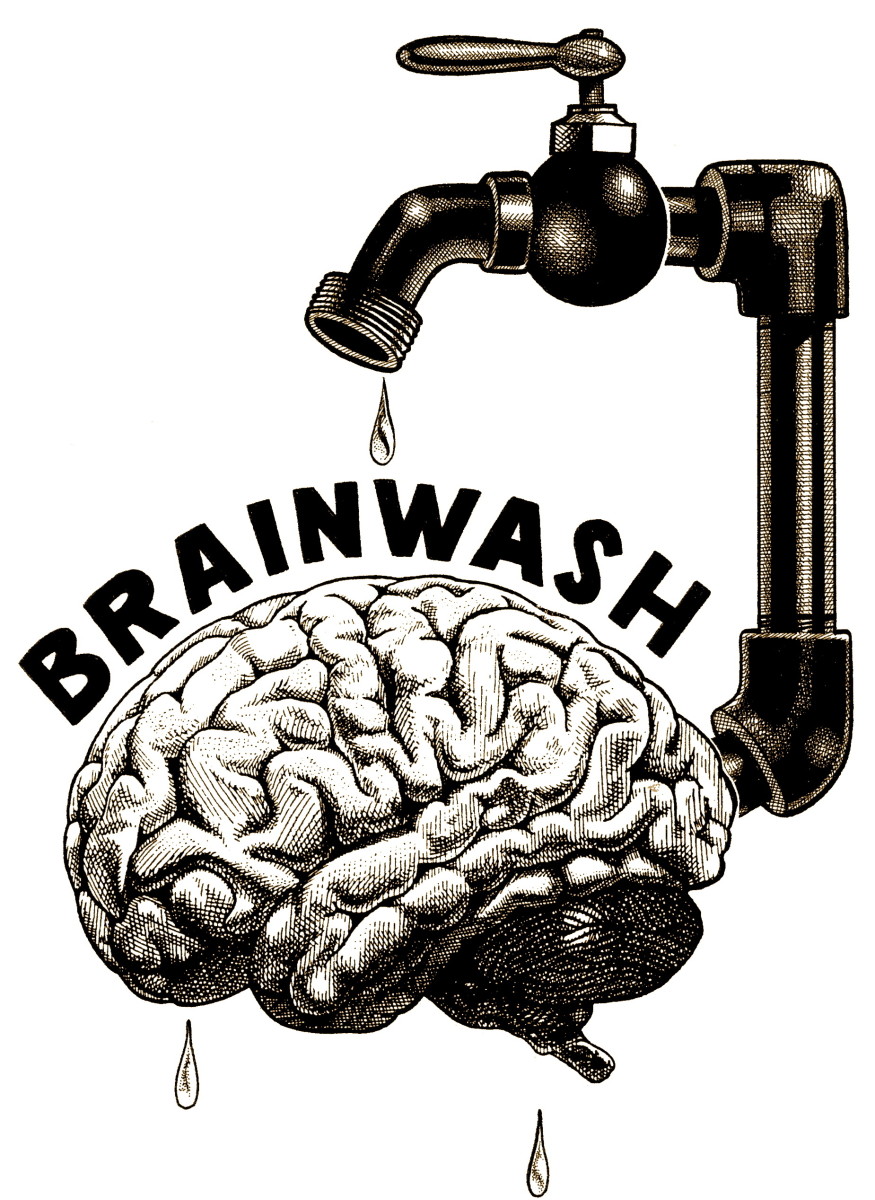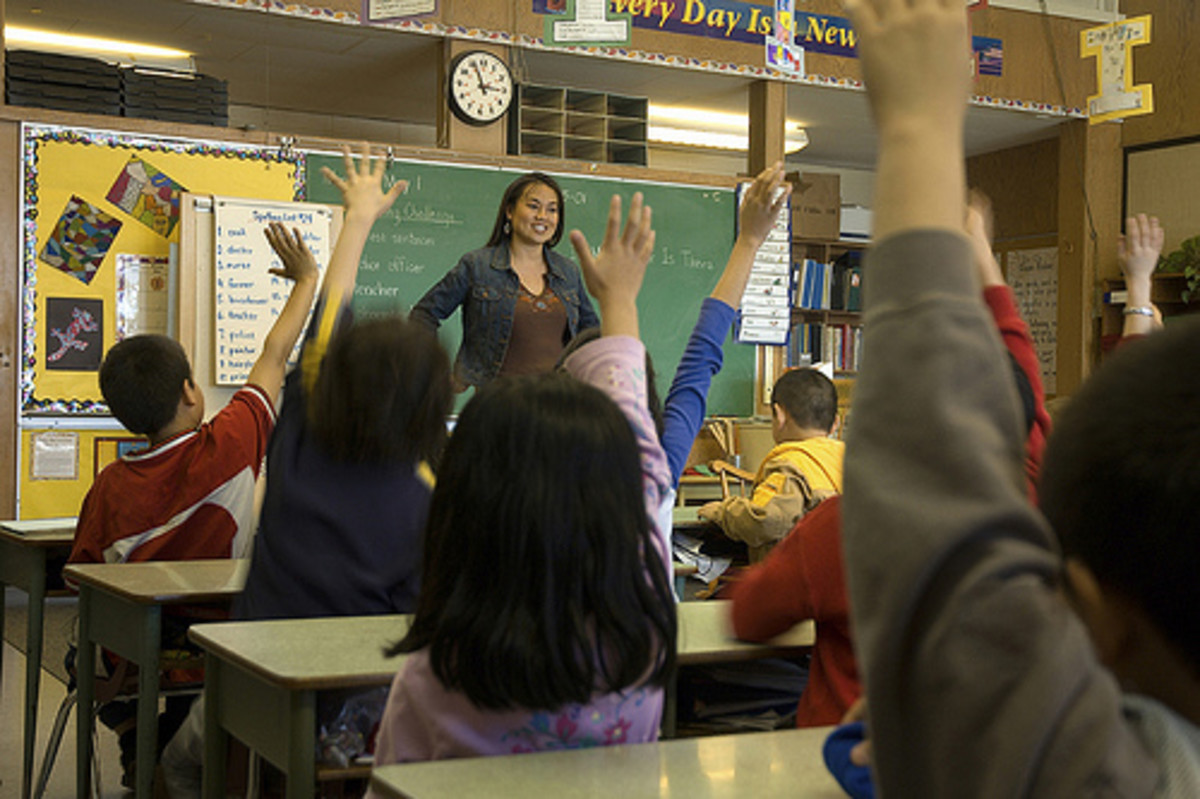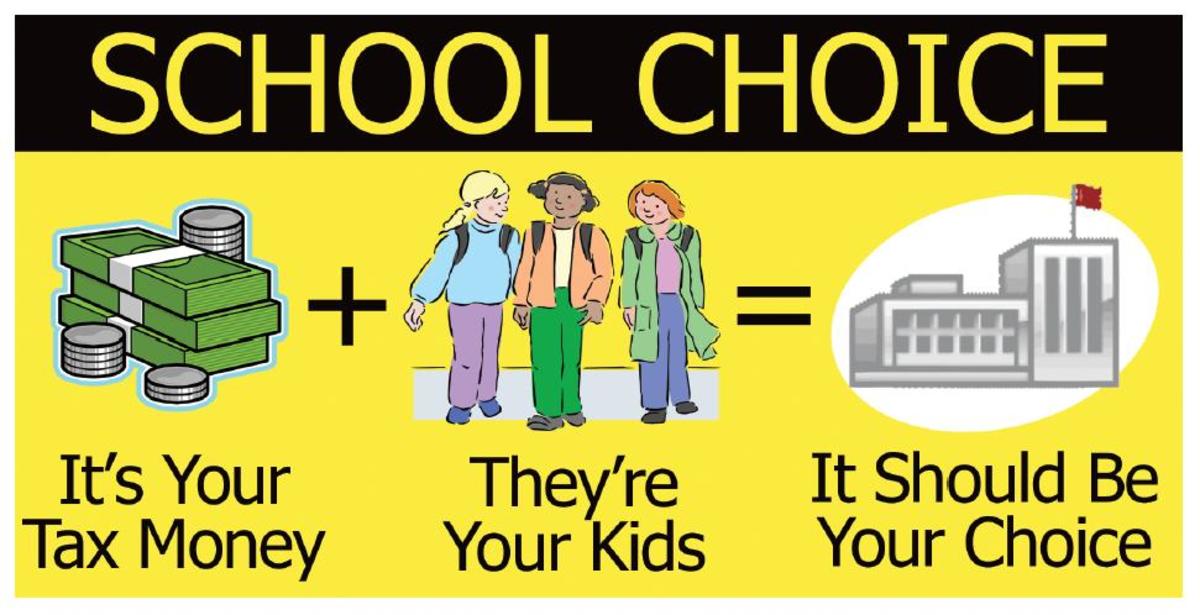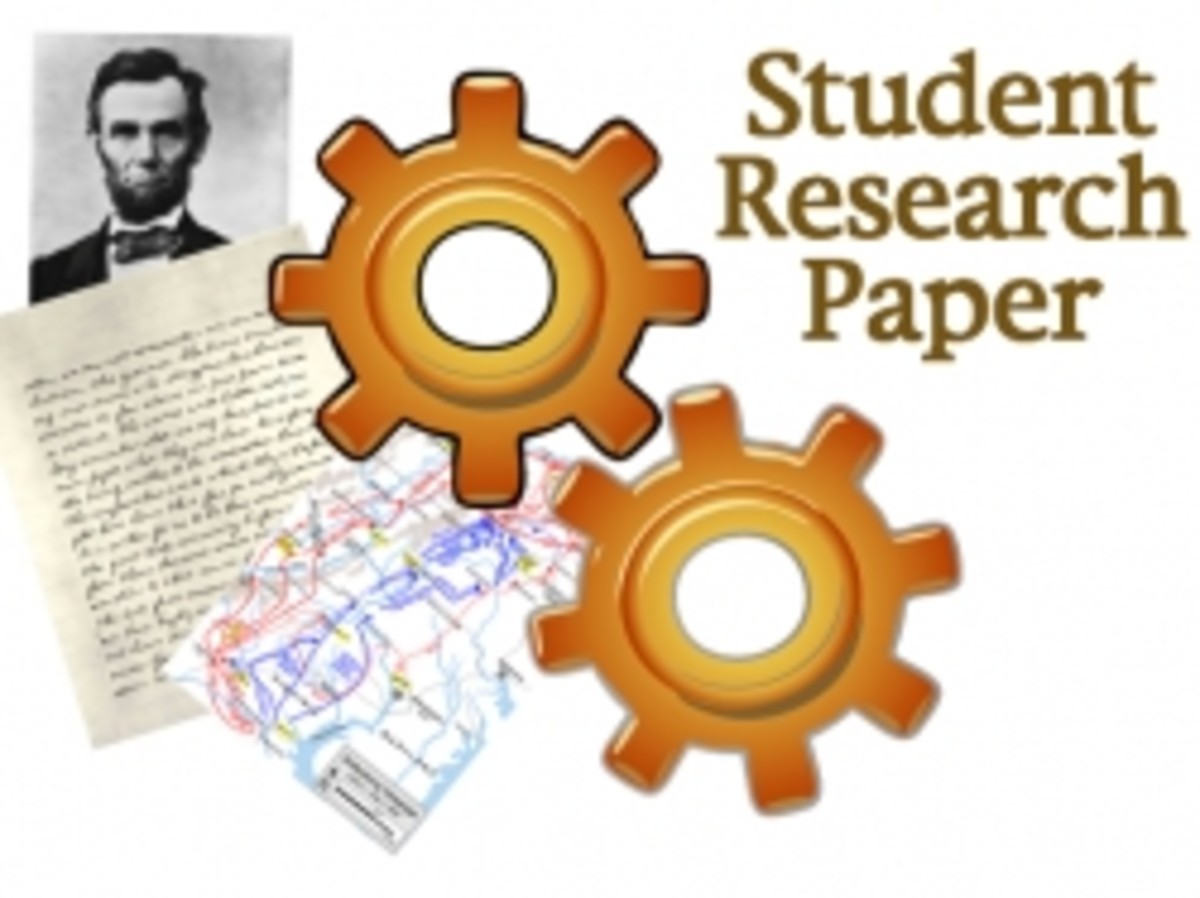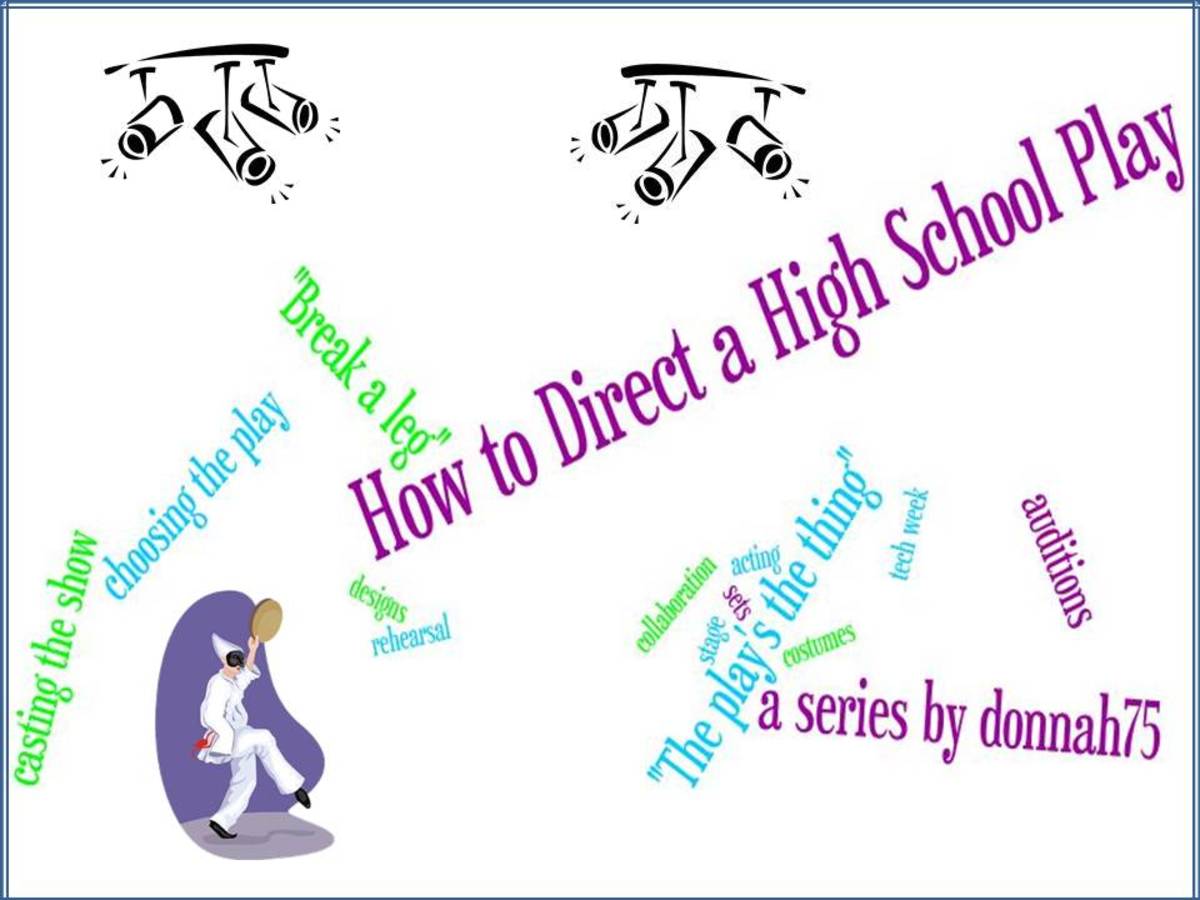School Choice heats up in the U.S.
The Wall Street Journal has reported recently that 2011 is looking to be the year of school choice, largely a result of Republican gains in the midterm elections. Mitch Daniels governor of Indiana, has recently signed the most expansive voucher bill in the nation, albeit with concessions needed to appease some Democrats. The bill would eventually allow half the kids in the state to use a voucher to attend a private school or charter school, not just low-income or disabled kids like all other previous reforms in the U.S. The District of Columbia has recently reinstated its voucher program for low-income kids, the D.C. Opportunity Scholarship Program. Other states, such as Florida, Georgia and Oklahoma have created tuition tax credits to help families pay for private schools, another distinct form of school choice reform aside from vouchers that is popular. Also, Utah has created a statewide Online education program, which allows online courses for high school students in public or private schools around the state.
All of these reforms are steps in the right direction. Barack Obama frequently says we need more ‘investments” in education. And George W. Bush, the “compassionate” conservative increased public education spending greatly with his No-Child Left Behind bill. The status quo for the last decade has been that we need to spend more money on public education to solve our underachievement.
Yet despite this spending, students’ performance has remained pretty much the same. Even after the increase in spending since Bush’s No Child Left Behind Act, reading scores, as an example, have remained pretty flat. According to the National Center for Education Statistics, we spend more per pupil on public and private education than most other countries in the world, about $10,768. By contrast, Denmark spends $9,448 per pupil, Sweden spends $8,773, Canada spends $8,045, and New Zealand spends $5,454. Yet the U.S. comes out near the bottom of OECD countries on reading, mathematics and Science scores. Interestingly enough, all of the countries I just mentioned other than the U.S. have a school choice program of one form or another, in many cases much more broad in scope than the U.S.’s voucher programs. It is funny how conservatives are always criticizing European countries as “socialist” and liberals are always venerating Europe as the example America should follow, yet Europe is ahead of the curve on free-market oriented school choice reforms. For a country that prides itself on being free enterprise, you’d think the U.S would be ahead of these other countries in these areas; yet we’re not.
In my view, the main problem with education in this country is that the public education system is a government monopoly that largely performs poorly and leaves little room for competition among private schools and charter schools. Sure, people can send their child to a private school if they want, or for that matter, home school their kids, but most people can’t afford it. Because of high demand, many low-income kids cannot afford private schools. This is why vouchers are a good idea, and should be offered not just to low-income or disabled kids, but to everybody. Competition among schools is a good thing, and people have different individual needs, which a government education monopoly cannot provide to everybody in the right way. It is silly to think a one-size-fits-all education system is a good thing.
Public schools, in general, have poor standards, and often do terribly in preparing high school kids for college, with many who can’t write coherently or well or can’t do high-level mathematical problems. According to a survey by Achieve, Inc, a bipartisan education reform organization, most college professors say that public schools are doing a poor job of preparing high school kids for college level work: For example, 62 percent claim they’re doing a poor job preparing students for quality writing, reading comprehension of complex materials (70 percent) and about half of them think they are not prepared to do both math and writing at college level. About seven in ten also claim that they have to spend quite a bit of time explaining material and teaching skills that they believe should have been taught adequately in public school but weren’t.
Students feel much the same way. Only one-fifth of high school graduates felt that they were significantly challenged in high school, and those who felt this way were only 37 percent likely to think they were well-prepared for college. Many students do want to be challenged. High school graduates, by 80 percent, claimed they thought there should be tests in math and English required for graduation. Also, only 46 percent of students claimed they did a great deal of writing in school. Since writing essays and papers is such a major part of college work, especially in the humanities, it is a bit sad that high schools don’t require more writing than they do and no wonder that many people can’t do it well.
These problems are even worse for minorities. Blacks in the U.S., on science scores, for example, are way behind most other industrialized nations in performance. Due to minorities being often unprepared academically for college, many have tried affirmative action to lower the standards by letting poorer-performing blacks and Hispanics in college over higher-performing whites or Asians. The problem is that this approach doesn’t attack the root problem at its source: substandard K-12 education. The solution is to improve the education of minorities, not to lower standards in an unfair and probably ineffective way to level the playing field.
Another problem is that public schools have poor disciplinary standards, which allow vicious bullying against many unpopular students, particularly students who may be disabled. This indeed is one of the reasons why the parents of many disabled students prefer to send their children to private schools: So they won’t be tormented and harassed and can learn in a peaceful and non-distracting environment. Often, private schools have strict disciplinary standards, and will expel a student if he or she continually acts up.
Some critics of vouchers say that allowing more competition from private schools will take away the best students from public schools and leave them with the troublemakers, disabled and otherwise hard-to-educate kids. This is an interesting criticism coming from a group that venerates public schools as important to provide the “right’ to education to everybody, regardless of whether they can afford it. You’d think if public schools were so important and powerful that they would be able to educate these kids effectively regardless of some measly little competition from small private schools. I don’t see how it would do much damage, and it would probably even help improve standards by creating an environment of competition. But no, public schools would supposedly become ‘special education ghettos ( a popular phrase coined by some school choice opponents).”
But those critics also happen to be factually wrong. Many private schools do accept disabled or otherwise hard-to-educate kids. There are plenty of private schools for children with special education needs, not to mention religious or other sectarian schools who accept disabled students as well. Witness the popularity of the McKay scholarship program in Florida, which is a voucher program specifically for disabled students. According to a 2003 study by the Manhattan institute for policy research, 92.7 % of the participants in the McKay scholarship program (parents and students), were satisfied or very satisfied by the private McKay schools they now attended, while only 32.2 % were satisfied with their previous public schools. Harassment of the students also dropped significantly. Only 5.3 % of participants in McKay private schools claimed to be harassed often by other students, while 46.8 % were harassed often in their previous public schools. Surprisingly enough, disruptive behavior problems of certain disabled students also improved. While 40.3 % of students in the McKay program displayed behavior problems in their previous public school, only 18.8% displayed such similar behavior in their McKay schools.
On a personal note, I didn’t go to a private school, nor was I home schooled, but in retrospect, I probably would have had a much more pleasant K-12 education experience if I had. As I noted in a previous hub, I have Asperger’s syndrome, and I experienced painful bullying and academic problems when I was in middle school and high school. Once they learned I had a disability, they did accommodate me, but the bullying continued despite that, and although I graduated high school (and also went on to college), I retained very little of what I learned due to the poor educational standards and requirements of my public school education. If I had been challenged more rigorously at a private school, I may have retained more of the basic knowledge I should have remembered or known, but forgot (I have a bad memory). It wasn’t until I went to college that I actually developed a passion for learning, which public middle and high school miserably failed to instill in me, and my memory of basic historical and scientific facts is rather poor, like it is, unfortunately, for many other students, even those without disabilities like me.
In the end, school choice is good for the nation. For a country that prides itself on free enterprise, it strikes me as a bit dismaying that so many people react in such a hostile way to the idea that more people should go to private schools and create more competition for the public schools. Of all the areas where government intervenes in our lives, from retirement savings to health care, education seems like an area that would benefit more greatly than the others from competition and free enterprise.

